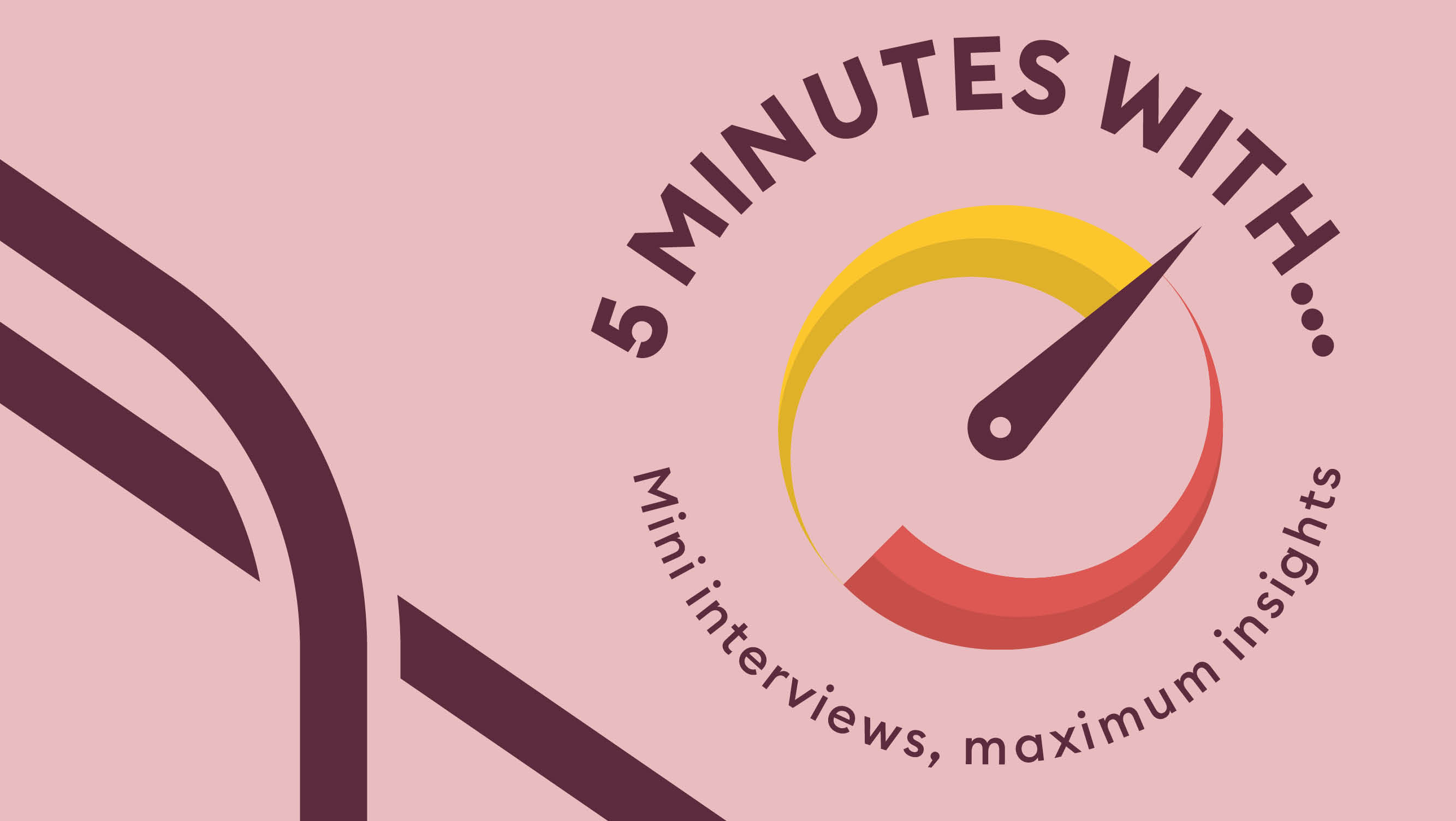Martine Wright was the most injured survivor of the 7/7 London terrorist attack, losing both her legs in the Circle Line bombing. We talk to her about resilience, adaptability and her ‘power of seven’ philosophy.
What’s your most vivid memory from the London bombings on 7 July 2005?
I have two main memories from that day. After the explosion, I looked up at some mangled metal and on top of it was my new bright white adidas trainer, spattered with blood, containing part of my leg.
Second, in the darkness, surrounded by smoke and the smell of burning, a figure walked towards me. I remember her piercing blue eyes and long blonde hair. It was Liz Kenworthy, an off-duty police officer, who pulled me out of the wreckage and saved my life.
What was your first thought when you realised you had lost your legs.
I thought my life was over. I couldn’t take it in. I woke up in the Royal London Hospital, having been in a coma for 11 days. Typically, the first time my parents went home was when I woke up. It was my intensive care nurse, James, who told me what had happened. I looked down and all I could see was half a body.
My big turning point was when I realised 52 people died that day, and I wasn’t one of them. I realised I had choices… we all have choices.
What makes you think you were fated to wake up late that day?
Everything seemed connected to the Olympics/Paralympics in a strange way. I caught a later train than usual because I’d been out the night before celebrating London winning the bid. The last thought I had before the explosion was: “I’ve got to get tickets! I’m a Londoner, I have to go!”
After I’d been through recovery, the place where I trained with my local east London sitting volleyball team was behind the Royal London Hospital. Then, when the Paralympic team formed, we trained opposite Queen Mary’s hospital – where I learned to walk on prosthetic limbs.
Seven years after the attacks, I took part in the 2012 Paralympic Games. It’s all connected and maybe I was meant to hit the snooze button that day.
How did you approach captaining the UK Paralympic sitting volleyball team?
With a team whose members were aged 13-43, everyone’s motivations and experiences were different. We needed to establish common ground.
We put together our values: trust, respect, commitment, diversity and communication, without which I truly believe we wouldn’t have got to London 2012.
At the time of the Paralympic Games, I was vice captain, which involved being the team’s chief communicator, ensuring everyone felt valued. The secret was reminding every member of the team that if they left, there would be a vital component missing. My job was to keep the togetherness alive.
What has your experience taught you about resilience?
If you have an amazing support team around you, they open your eyes to your choices. I call my support team ‘team me’ – they help you see that good things can come out of bad situations.
Every person in ‘team me’ is vital, whether it’s my husband, my parents, siblings, the emergency teams that risked their lives for me or my rescuer Liz Kenworthy. As a result of their efforts, I’m here today. It’s also important to be in other people’s ‘team me’, it’s about what you can do for other people.
Could you outline your ‘power of seven’ philosophy?
-
Choices. I had to make a choice when I looked down in that hospital bed and saw half a body.
-
Maximising opportunities and personal growth. Finding myself, knowing I’m still Martine Wright, but I’m different now, and asking: “How can I grow as a result of this?”
-
The power of sport. It’s not just about getting people fit – it’s about the psychological effect, it’s such an impactful development tool.
-
Teamwork.
-
My ‘team me’. In life, we are not individuals; we don’t make a path on our own, it’s about being a team.
-
Embracing change.
-
Belief. Intrinsic to every power in my power of seven is the belief that absolutely anything is possible.
How can business leaders devise their own ‘power of seven’?
Know what you are trying to achieve. Look into the make-up of your company, and come up with a power of seven that reflects everyone.
Knowledge about your people’s motivations and understanding them on a deeper level is key. Once you hit that level, their buy-in will be far greater.

